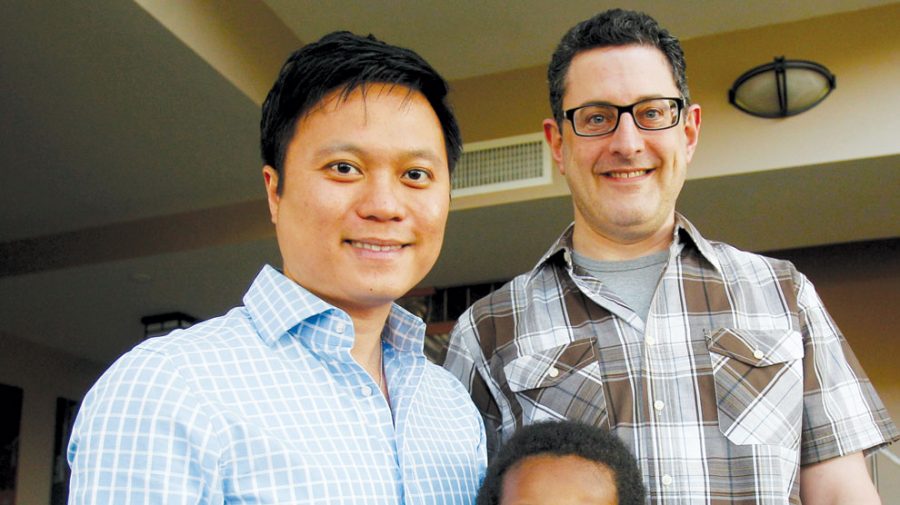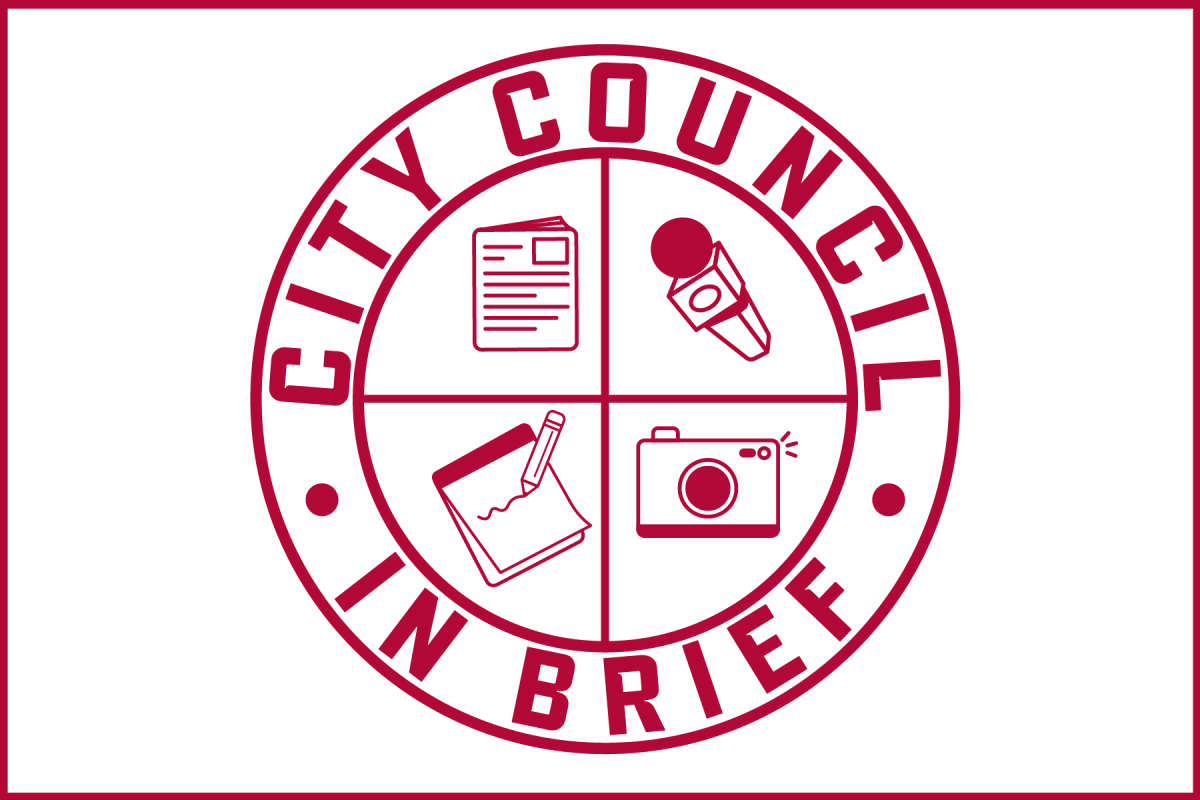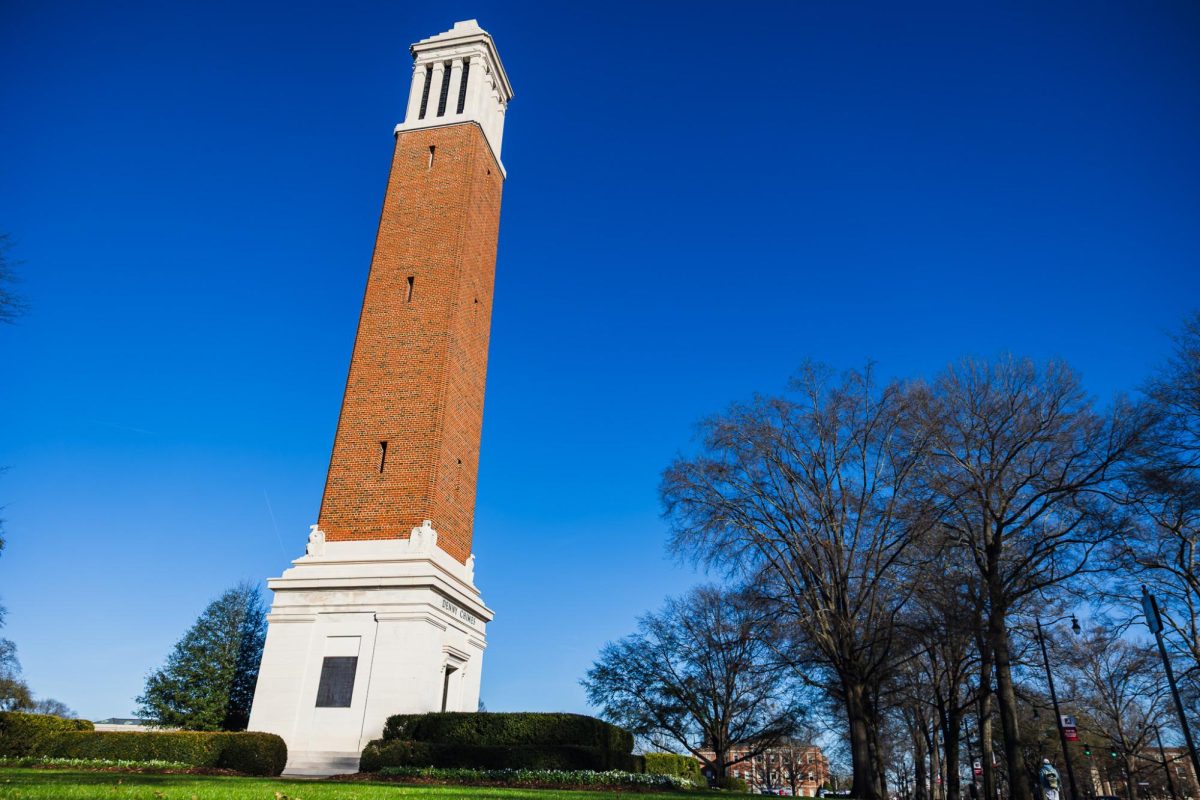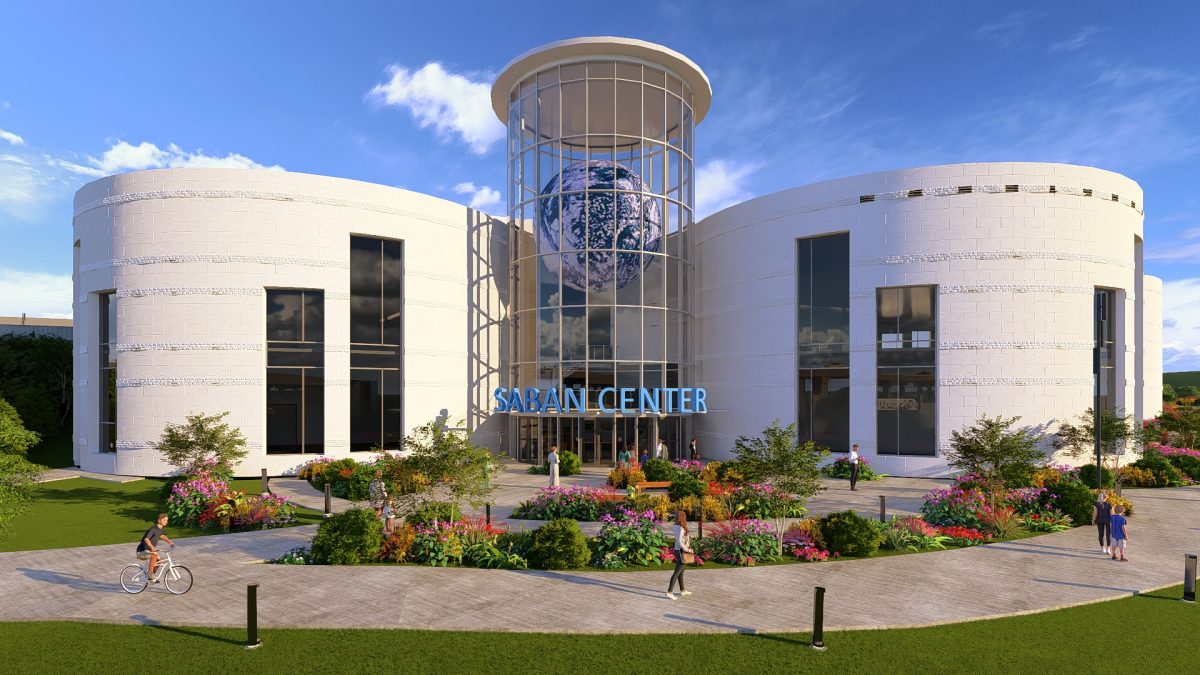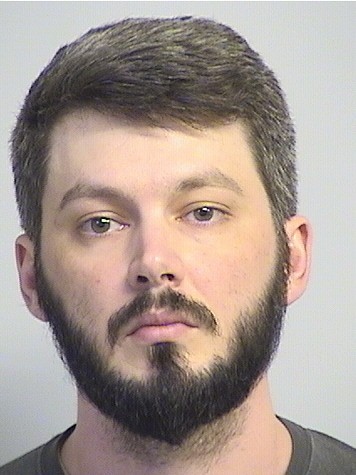Same-sex marriage became the dominant news story for days following the June 24 passing of a bill which allows New York to both recognize and perform same-sex marriages. New York became the sixth state, in addition to the District of Columbia, that now grants same-sex marriage rights to its citizens. While the passing of this bill certainly provided some momentum for this issue, states such as Alabama are still dealing with other queer rights issues, rather than, specifically, same-sex marriage.
Alabama is one of 29 states with a constitutional amendment that defines marriage as between a man and a woman and one of 12 that does not recognize same-sex marriage. Entitled the “Alabama Sanctity of Marriage Amendment,” this 2006 amendment was approved by 81 percent of voters.
Joshua Burford, coordinator of student development programs at the University and this year’s president of Capstone Alliance, the professional organization for LGBTQ faculty, staff and allies, said he believes the amendment did not necessarily change the environment of the state.
“What they sort of codified into law was what was already sort of the default for the state anyway,” Burford said. “The state’s ideas about progress have always been a little stunted, historically as well as currently … All [the amendment] really did was say explicitly what the people in the queer community already knew, which was that there are so many other fights that we have to have before we can get to a same-sex marriage fight.”
Kaylan Johnson, a sophomore majoring in English and the current political chair for Spectrum, said that the amendment creates an environment that emphasizes exclusion and “makes members of the queer community feel as if they are somehow inherently lesser.”
Both Johnson and Burford said they believe it will be a while before same-sex marriage is allowed in Alabama. Burford said it could take at least 40 years and would have to come from the federal level.
“I think that states like Alabama that have taken proactive steps to prevent marriage equality are going to be among the last to gain it unless something radical happens,” Johnson said.
“It’s important to remember that marriage equality is not necessarily the most pressing issue within the queer community, especially among students, though it is often the most publicized … However, many people seem to think that marriage equality is the end of this fight, that once we have it, our fight for civil rights is over. Though marriage equality could be a step in the right direction, it will not solve all queer issues.”
Issues currently being dealt with in Alabama include workplace equality, queer youth outreach, queer youth homelessness, adoption, anti-violence and safe schools. There are a number of advocacy organizations working on these issues, but two of the state’s largest include the Southern Poverty Law Center and Equality Alabama.
Burford said while there is positive and effective advocacy work occurring in the state, the number of issues being dealt with that have no plan for how to work together creates an issue.
“Everybody is working on something different, and I think that may be part of our problem, that there is no coherent narrative … I really feel like if we had a coherent strategy for social change, then we could work on things like marriage and workplace equality and youth outreach at the same time. And honestly I think that’s the problem that we have nationally, too.
“It’s that the national movement is all about same-sex marriage, and it’s all about ‘Don’t Ask, Don’t Tell,’ and so it’s myopic in the exact opposite way to how Alabama’s queer community is. Here, there are too many people doing too many different things or not enough connected. At the national level, there are too many people working on too few issues that they feel are representative of the entire community and they’re not.”
Despite some hurdles, Burford said overall there is change occurring throughout the South.
“Things are definitely changing in Alabama, and in the South generally, and they’re changing for the better, so I never want people to give up hope about the state,” Burford said. “There’s work to be done here, and there are good people doing the work here.”



